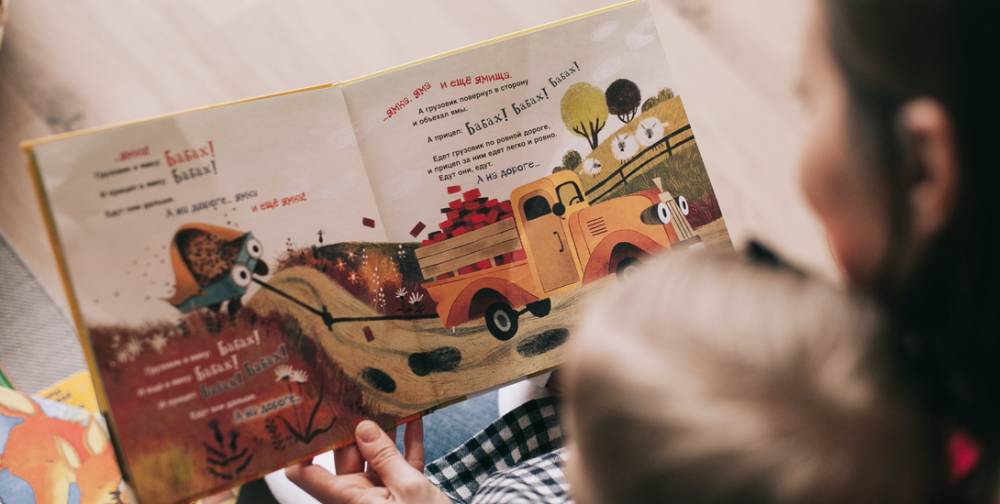What's the Best Way to Teach My Child to Read?
Reading has always been one of the foundations of a child's education, and that doesn't look like changing. The words might be more often on a screen than in a book in the future, but the need to be able to read them remains crucial. Your child will begin learning to read as soon as they start school, but this isn't necessarily enough. Most schools do a great job, but they're unlikely to be able to devote enough one-to-one time with your child. This is especially important because every child progresses with reading at their own pace. This makes it vital to prepare your child for reading — but what are the best ways of going about it? Here are some suggestions.

Introduce Your Child to Reading Early
It's never too early to introduce your child at least to the concept of reading. Reading books to even very young babies will create the connection between books and enjoying closeness and fun with you. That connection can help fuel their determination to learn when they're a little older. When your child is old enough to be aware of the book and the story you're reading, try to engage them as much as possible. Using your finger to follow the text will show your child how writing works, and you can encourage them to turn the page, or even to find the beginning when your start the session.
Playing Games with Sounds
Essential to learning to read is to become familiar with the concept of how sounds work and how they make up words. There's a whole range of games you can use with your pre-school child to make them familiar with these concepts in a fun way. Rhymes can be very powerful for this purpose. For example, you can say a simple word, such as "dog", and ask the child to think of something that rhymes with it. It doesn't matter if they come up with a non-word, such as "pog" — the important thing is that they're thinking about the sounds. Nursery rhymes can be great for getting the child used to rhymes. Involve the child in recognising the rhyming word — for example, say "Jack and Jill went up the..." and invite the child to fill in the rhyming word.
Getting Your Child Used to Books
Once your child has got beyond simply listening and looking, you can involve them more in your reading sessions. For instance, instead of following the words with your finger, you can ask the child to do so. You can also invitethem to find a particular word on the page. If it's a familiar book, they may well have an idea of where on the page it should be, but they'll stillbe learning to associate the letters with the word they're hearing. This can lead on to word-spotting in the wider world — on posters or shop windows, for example.
Learning Sounds and Letters
When your child is used to the concept of words and the sounds associated with them, you can start showing them how these break down into letters. It would be advisable to learn something of the Phonics approach that most schools use, associating a single sound with a single letter. For example, for the letter A, use the sound in cat, as opposed to the sound in gate. One approach is to make flashcards with very simple words. It's generally best at this stage to stick to three-letter words with the consonant-vowel-consonant pattern, where the sounds match the single sound you've taught, such as cat or dog. Encourage your child to sound the letters out and merge the sounds together to get the word.
Reading Shouldn't Be a Chore
When reading turns into a school lesson, it can easily come to seem a chore, so it's your job to help make it fun and exciting for your child. Find them books to read that, while at their level of reading, are about something they'll enjoy and relate to. Remember that the best motivation for any child to learn to read is to enjoy it. If you feel you could do with some help in teaching your child to read, or if they're not getting as much individual attention as they need at school, register with TutorExtra to find a range of reading tutors.


